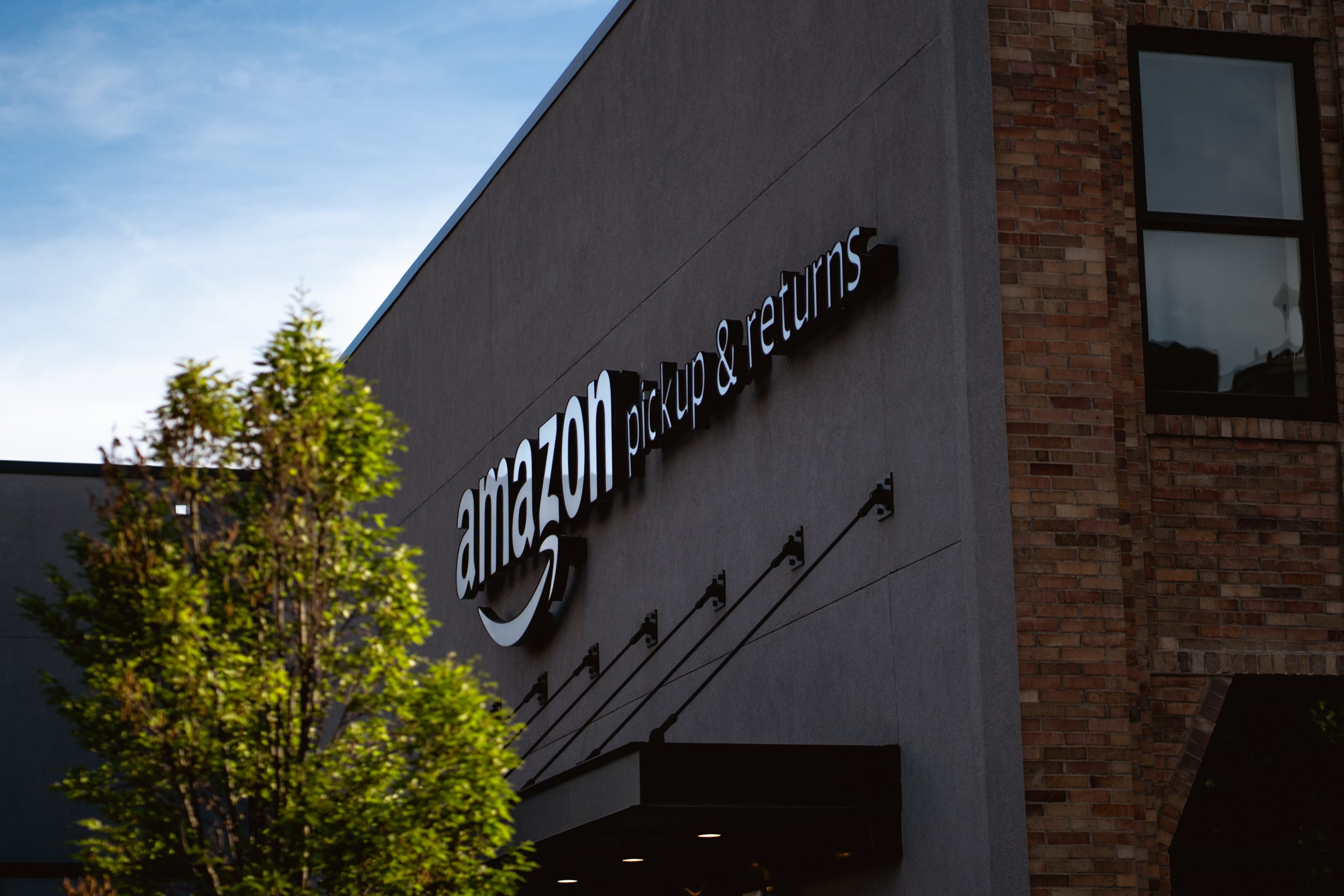
MercadoLibre is currently the e-commerce leader in Latin America, but how long until an American giant dominates the region? The global leader in e-commerce, Amazon, has set its sights on Brazil as its next country of expansion and MercadoLibre is well aware that its market share in the region is at risk. Despite this, the e-commerce firm is not bowing to the pressure from the American giant; earlier this year they secured a US$1.85 billion investment, predominantly led by PayPal and Dragoneer. This is seen as one step in the firm’s general effort to boost investment in the face of increasing pressure from the US-based firm.
Amazon reigns as the undisputed leader in e-commerce, with a market share of close to 50% of all online purchases and roughly 5% of all retail sales. When deciding where to expand further, the Latin American market is increasingly seen as an attractive place to invest. A region home to 33 countries, 600 million people, with a spending power of roughly US$3.24 trillion and an expanding middle class, it is easy to see why e-commerce firms are looking to expand there despite the political volatility in the region.
More specifically to the case of MercadoLibre and its main source of revenue, Brazil, the election of Bolsonaro and his pro-business approach has inevitably made the country attractive to Amazon. Furthermore, Brazil alone has a population of over 200 million people, making it the fifth largest country by population and it is among the top 10 largest economies in the world. Since 2012, Amazon has been active in the Brazilian e-commerce market, generally focusing on selling books and its Kindle e-reader. For the reasons mentioned, it is unsurprising that Brazil would be the target of Amazon’s next major expansion, where they have gradually begun to include more products. Mercado Libre continues to dominate the Latin America, but the future is clearly wracked with uncertainty.
Amazon dominates wherever it goes. It presents a strong business model which has been successful across numerous contexts, now shipping products to over 100 countries across the globe. Continued innovation has undoubtedly been central to the sustained success of Amazon, where they are constantly striving to produce the latest technology. For example, Amazon Echo is a brand of ‘smart speakers’ that can carry out a whole host of voice commands, such as playing music, setting an alarm, making to-do-lists, and many more. They also have the strongest systems in place to efficiently execute customer orders and are even looking to develop technology that conducts same-day-delivery services by adopting the use of drones. Amazon remains at the forefront of technological innovation and has a strong ‘in it to win it’ approach. They are now reaping the benefits across the globe.
The notion of a powerful US firm dominating Latin American markets is not a new phenomenon. In a broader historical context, Latin America has long been dominated by the political and economic interests of the US, the United Fruit Company serving as a prime example. The struggle MercadoLibre faces today whilst attempting to fend off Amazon is indicative of this historical notion of American power and influence being asserted over Latin America. In a post-colonial context, whilst many Latin American countries gained independence from European powers, the US developed a new form of imperialism. They did not have formal control of these territories, but large American corporations have had and continue to exert significant influence. In light of this historical context, resisting the power of the American e-commerce giant whilst sustaining its dominance in the region will inevitably pose a significant challenge to MercadoLibre.
However, it would be pessimistic to suggest that MercadoLibre is destined for failure. Local firms benefit from a more nuanced local understanding of the region and the context in which they are operating. A prime example of this is the development of MercadoPago. Latin America is still very much in the early stages of e-commerce, meaning that there are various difficulties when it comes to payments, especially on a continent where at least 50 per cent of the population is unbanked. MercadoLibre understood the difficulty surrounding payment and quickly developed MercadoPago, a PayPal-like payment system, that has helped to address some of these issues. It should also be considered that people in Latin America may be more willing to buy from a local, Buenos Aires based e-commerce firm over an American giant; consumer preference should not be underestimated.
The future success of MercadoLibre in securing its position as ‘the Amazon of Latin America’, requires the successful balancing of long-term investment and short-term profits, as Amazon did in the early days of development. As shown by the most recent investment from PayPal and Dragoneer, the e-commerce firm is focusing on long-term investment to strengthen the company in the face of external pressures from Amazon, rather than an over-emphasis on the short-term profitability of the firm. MercadoLibre has also recently been seeking to introduce automaton technologies and building new distribution and docking centres. The firm clearly recognizes the importance of increased investment; vital for maintaining a high market share.
Overall, this case is emblematic of a protracted history of American interests dominating the region. Amazon is an e-commerce powerhouse that dominates the globe and therefore it is unsurprising that they would seek out rapidly growing markets in Latin America. However, neither firm is immune to the struggles associated with expanding an e-commerce firm in the context of a country where the majority of the population is unbanked and that geographically poses extensive logistical challenges. Whilst Amazon has strong innovation and technological prowess, the Buenos Aires-based firm understands the nuances of the local market. Ultimately, MercadoLibre needs to prioritize long-term investment over short-term profitability in order to fend off the powerful e-commerce giant that is Amazon.
Written by Helena Mackie



Average Rating